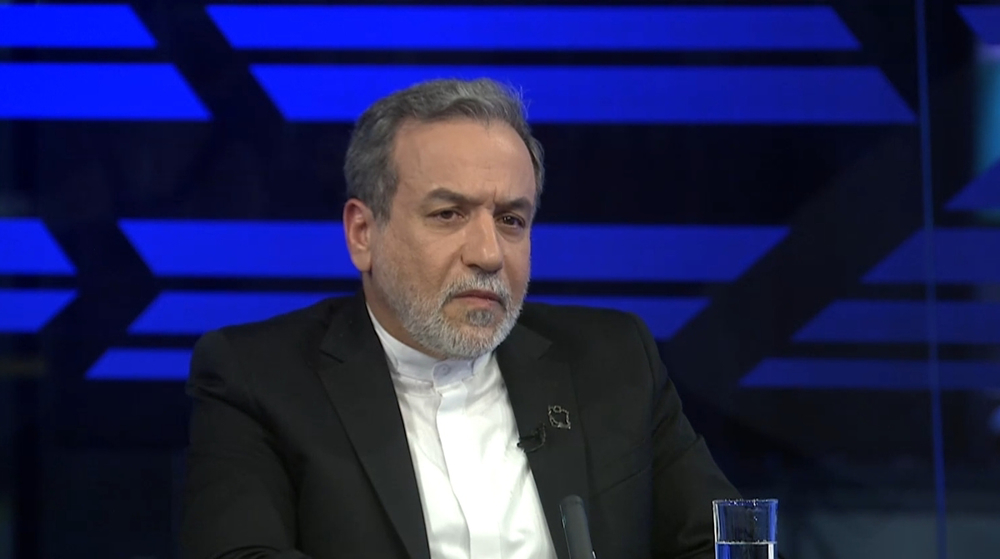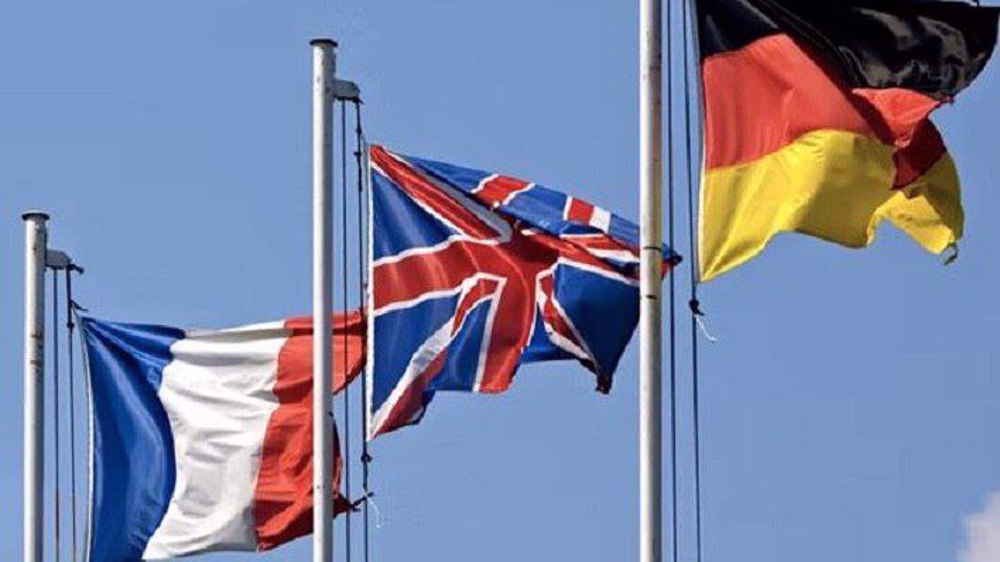Official: Iran may return to pre-JCPOA conditions
The spokesman for the Atomic Energy Organization of Iran (AEOI) says Tehran is planning to go back to the conditions preceding the landmark 2015 nuclear deal unless European signatories fulfill their obligations.
Behrouz Kamalvandi said on Monday that Tehran’s retaliatory decision to reduce some of its commitments under the Joint Comprehensive Plan of Action (JCPOA) is within the framework of the accord which says if one side fails to deliver on its commitments, the right is reserved for the other party to reconsider its obligations.
“If the Europeans and the United States do not fulfill their commitments, we will balance out their actions under the deal by reducing commitments and taking the conditions back to how they were four years ago,” he said.
He said the JCPOA was supposed to be an "exchange deal" but "what we were giving [within its framework] was way more than what we were getting in return.”
The JCPOA was originally signed between Iran and six world powers — namely the US, the UK, France, Russia, China and Germany. Washington, however, unilaterally withdrew in May 2018.
All the other parties to the deal have been critical of Washington’s move and have been holding meetings with Tehran to discuss how they can make the pact work properly for the Iranian side as well, but the talks have made little progress.
Tehran has said it would potentially scrap the deal if the remaining signatories -- mainly the UK, France and Germany -- fail to deliver on pledges to protect bilateral trade from US sanctions against Iran.
In May, a year after the US President Donald Trump's decision to abandon the deal, Iran suspended some of its commitments under Articles 26 and 36 of the JCPOA, giving the other signatories a first 60-day deadline to turn their verbal support for the accord into concrete action.
“Iran’s decision to reduce its JCPOA commitments was not out of intransigence and rather aims to give diplomacy a chance and make the other party come to its senses and act upon its obligations,” Kamalvandi said Monday.
He added that Iran’s uranium stockpile surpassed 300 kilograms after the 60-day ultimatum to Europeans and Tehran was no longer obliged to export the surplus heavy water anymore as it was required under the deal.
“Currently, we have gone beyond 3.67 percent [uranium] enrichment and are also producing the enriched material required for nuclear plant fuel with 4.5-percent purity,” he added.
The official noted that the International Atomic Energy Agency (IAEA) has reaffirmed Iran’s compliance with its commitments under the JCPOA in numerous reports.
Europe must remain united in saving JCPOA
Meanwhile, British Foreign Secretary Jeremy Hunt said Monday that there was still time to preserve the JCPOA and that, despite the United States being Britain's closest ally, it disagreed on how to approach the issue.
“There is still some closing, but small window to keep the deal alive," Hunt told reporters on arrival for a foreign minister's meeting in Brussels.
France's Foreign Minister Jean-Yves Le Drian also said that Europe had to remain united in trying to save the nuclear deal, calling on Tehran to reverse its decision not to comply with parts of the accord.
"The Europeans have to stay united on this issue," Le Drian told reporters in Brussels on Monday.
Iran has made it clear that it would only reverse the decision once the other parties keep their end of the bargain.
Hamas thanks Iran, Resistance Front following achievement of ceasefire in Gaza
'Capitulation': Israeli officials and media concede Gaza defeat as truce unfolds
'Gaza has won': Social media users react to ceasefire with mix of relief, joy
Iran seeks South Korea’s assistance for AI, fiber-optic projects
VIDEO | Iran's 'Eqtedar' (Power) maneuver
Israel hits HTS military target in Syria for 1st time since fall of Assad
VIDEO | Press TV's news headlines
Israel has slaughtered 13,000 students in Gaza, West Bank












 This makes it easy to access the Press TV website
This makes it easy to access the Press TV website